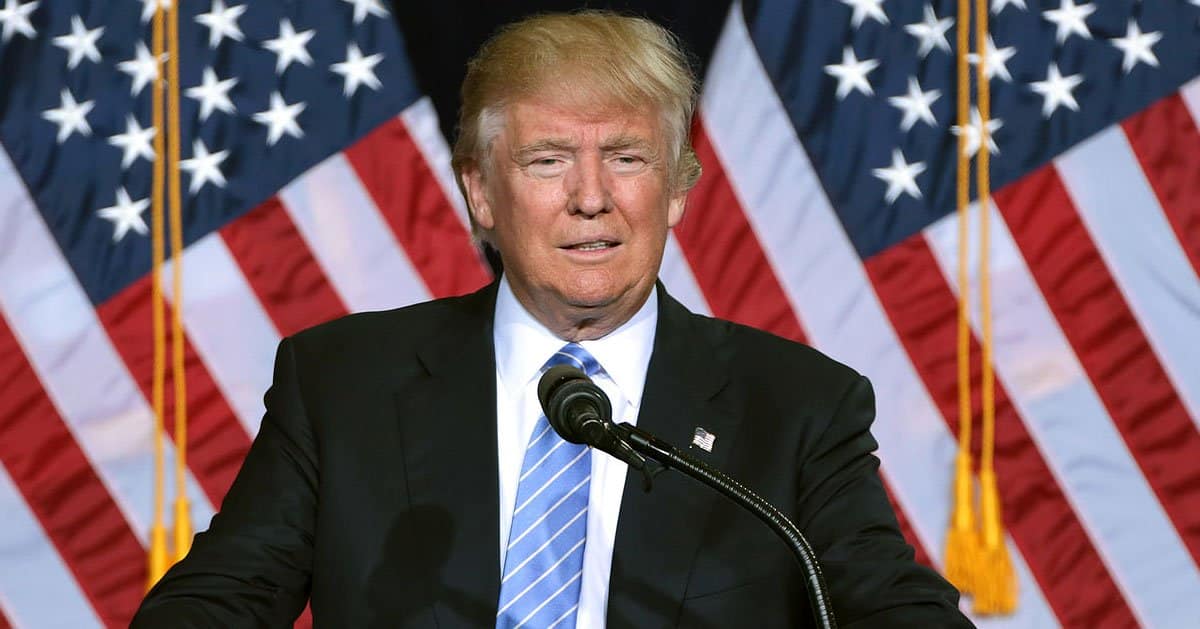







An alleged cyber attack linked to Iranian hackers has penetrated the email system of Roger Stone, a key adviser in Donald Trump's presidential campaign. This hacking incident has prompted increased security scrutiny within both Trump and Vice President Kamala Harris's campaign teams.
The Guardian reported that Stone was recently notified by the FBI and tech giant Microsoft of a breach in his email account. The compromise was believed to be part of a wider phishing scheme targeting senior Trump campaign officials.
Following the breach, phishing emails were reportedly sent from Stone's account to other key members within the campaign, according to CNN and The Washington Post. This tactic is commonly used to gain unauthorized access to further sensitive information.
The breach's discovery led to an immediate investigation by the FBI, focusing on the emails sent to and from Stone's account and the potential phishing of other campaign officials.
Politico revealed an aspect of the cyber attacks involving an anonymous dossier about JD Vance, Trump's choice for vice president. These revelations surfaced through leaked emails, raising concerns about the depth and breadth of the hacking.
The Trump campaign swiftly attributed the breach and subsequent leaks to Iranian efforts, marking a significant escalation in cyber political interference if confirmed.
Such allegations have stirred the political landscape, spotlighting the vulnerability of campaign information systems to foreign interference.
The FBI has widened its probe, now investigating potential breaches within both the Trump and Harris campaigns. Despite these concerns, a spokesperson for Vice President Harris has confirmed that they have not detected any compromises within their systems.
The potential for such breaches has drawn significant attention to the security of political campaigns, with national security implications being considered at the highest levels of government.
This incident recalls the 2016 election, where Roger Stone was implicated in controversies regarding the release of emails about Hillary Clinton, leading to his conviction on several felony charges, which were later commuted by President Trump.
In a statement to the Washington Post, Roger Stone expressed his confusion and concern about the security breach, stating, "I was informed by the authorities that a couple of my personal email accounts have been compromised. I really don’t know more about it. And I’m cooperating. It’s all very strange."
Stone's historical involvement with issues around email security, particularly during the 2016 campaign, casts a shadow over the current events, reflecting ongoing vulnerabilities in political digital communications.
Meanwhile, Donald Trump's prior comments during the 2016 campaign about Hillary Clinton's missing emails have resurfaced, further complicating the narrative around political email security.
At a 2016 press conference, Donald Trump made remarks that seemed to encourage foreign powers to locate missing emails from Clinton's tenure as Secretary of State. He stated, "Russia if you’re listening, I hope you are able to find the 30,000 emails that are missing."
These comments have been cited frequently in discussions about political accountability and cyber security, highlighting the delicate balance between political rhetoric and national security imperatives.
The current hacking allegations against Iran, if proven, could have substantial implications for how future campaigns safeguard their communication channels.
In conclusion, the hacking of Roger Stone’s email account and the attempted breach of other Trump campaign officials underline the critical importance of robust security protocols in political campaigns.
This incident has catalyzed a review of digital security practices across political lines, emphasizing the need for stringent measures to protect against foreign interference.
As investigations continue, the campaigns of both Donald Trump and Kamala Harris remain on high alert, with a focus on preventing further breaches.



